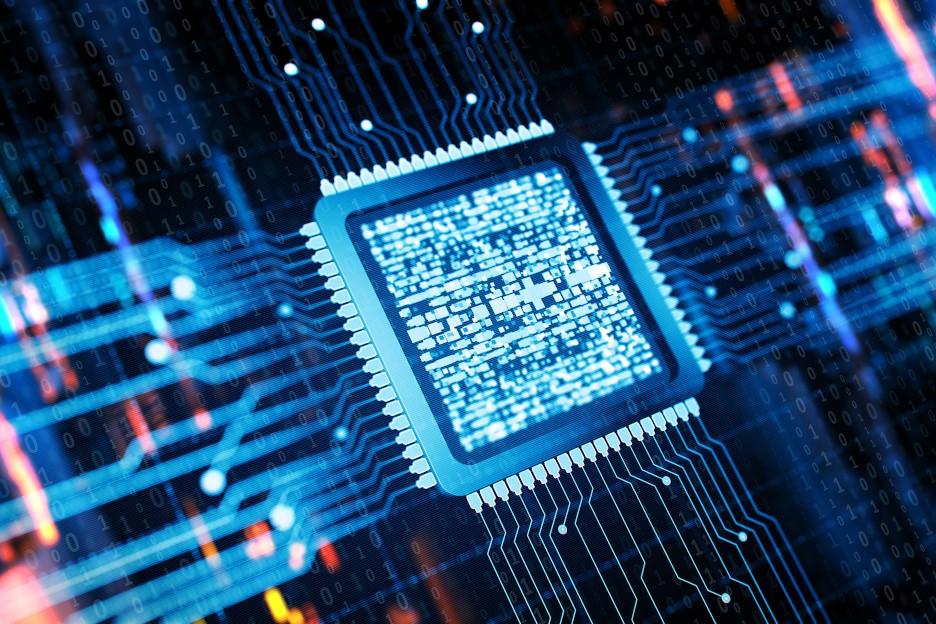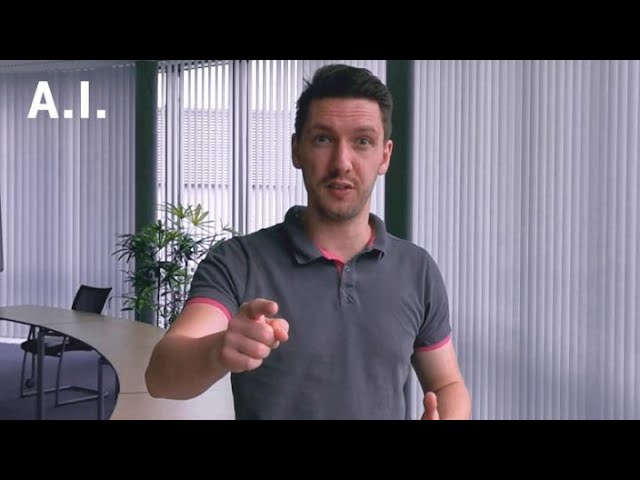In this article you will read about,
- which processor types are available for AI calculations,
- which applications they are suitable for and
- why the right choice is important for the success of AI projects.
Smartphone cameras that recognize faces – and only take the picture when everyone in the frame is smiling. Neural networks that help analyze machine breakdowns, traffic density and routes – and then recommend pinpoint optimizations to avoid traffic jams. Or cars that no longer just park themselves, but keep to the lane and follow the route that has been entered. These are all examples showing that the use of artificial intelligence (AI) has long since become reality. And a relevant economic factor: The market research company Omdia expects AI products to generate sales of 1.3 billion euros by 2020 in Europe alone. Over the next five years, this figure could increase sixfold. Omdia's market researchers predict that by then the economic potential for deep learning processors could reach 66 billion euros. And that’s little wonder, as the technical possibilities are enormous.
However, this diversity can be a stumbling block for companies that are keen to innovate. After all, not all AI is the same: the different usage scenarios place fundamentally different demands on the hardware. From the energy-saving chip in the smartphone to the cloud server farm consisting of thousands of graphics accelerators: each hardware has different advantages and disadvantages and is therefore better or worse suited for use with different applications. The application needs to run on hardware on the road? Then the low power consumption of NPUs pays off. Real-time calculations are the focus of interest? Just right for the low latencies of FPGAs. Hardware requirements change frequently, flexibility is the order of the day? Then conventional CPU performance might be the right choice. In short: If companies do not match their use cases with the right hardware, a lot of time and money is quickly wasted.
In the new video, Max Guhl from the A.I. Team at T-Systems sheds some light: What makes the different processor types tick – and which approach is best suited to which application?

